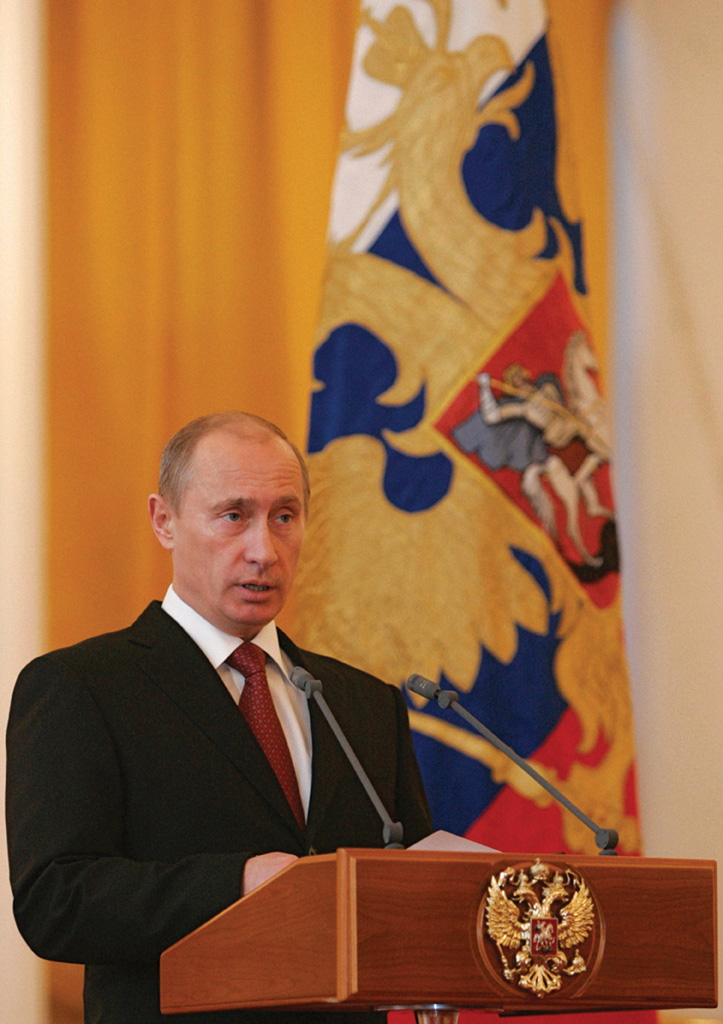It never fails, watching the Olympics is like a practice in remembering something you only barely learned four years earlier. There are always some constants like hockey, speed skating or curling, but for the most part I have to trick myself into thinking I remember the last time I actually watched skeleton or ski jumping. And even though I typically only see these events maybe two or three times over the span of a decade, I still find myself ready and willing to get emotionally invested in their outcome.
Have I ever heard of these athletes before? Not really.
Do I have a good understanding of all the rules? Heavens no.
If one of the home country athletes win, however, it means something very special, something that transcends all need for competent or rational understanding: another number added to our total national medal count. In case you’ve completely shut yourself off from the mass-media saturation that is the 2010 Vancouver Olympics, there are few things, short of appreciating a global spectacle, that are more important than calculating exactly how many medals your country has earned in comparison to all the others.
To be honest, before this month I would never have described myself as an avid fan of snowboard cross. If you had asked me what exactly takes place in snowboard cross my response would consist mostly of blank stares. But when Maëlle Ricker won the gold medal in snowboard cross I became a diehard enthusiast. I must have watched the replay, in some form or another, more than ten times that night. It was an exciting, emotional achievement not only for Canada but also for a hometown hero likely in the last stages of her professional career. None of this, however, was enough to repress the certain kind of joy that inevitably accompanies all forms of Olympic victory. “Yes,” I thought, “add another to the count!”
It doesn’t seem to matter which outlet you choose to satiate your Olympic needs, every television station and every website all have one thing locked down like no other: the graphs. Whether it’s CTV, TSN, ESPN, Sports Illustrated or NBC, viewers can count on being bombarded by a cavalcade of numbers, rankings and comparisons that make it convenient to grade an entire country based on athletic prowess. Actually, NbcOlympics.com in particular has an interesting chart of medal standings that allows you to rank each country by sex rather than just medal count. Did you know that if the Olympics were an event exclusively for female athletes Germany would currently be in first place? Or if you add up medal totals from every winter Olympics since 1924, Norway absolutely demolishes all other countries by a long shot?
It would be absolutely foolish for any Olympic committee or sports media outlet to admit there is legitimate significance behind earning more medals than any other country, which is why gold equals the same as silver or bronze in terms of overall medal count. If compiling more medals than anyone else actually won anything outside of bragging rights surely, a bronze would only be a sucker’s prize.
But I digress.
Describing the nature of this medal ranking business sounds a bit silly and perhaps, at worst, slightly ethnocentric, but at the same time it’s goddamn hard to deny there’s something entertaining about it. I’m not going to lie, I spend the majority of my life not caring about sports like freestyle skiing, but when it becomes an activity in which Canada can earn an arbitrary point in the overall Olympic rankings, I’m all over it.
There is a good reason why nearly every broadcasting medium covering the Olympics is quick to let you know just how many medals every country has — constantly reminding people that any and all events can potentially add to a country’s medal count is perhaps the surest way to provide a bigger audience for some of the lesser known oddball sports. It’s a simple ploy to chart a graph that automatically drums up some sort patriotic interest in events like the luge, but in a sense it’s also fair game. In comparison, how many spectators would show up if you were sincerely cheering for the individual athletes rather than their countries?
I’m still not quite sure if I think the (over)use of these medal count rankings is more dubious than it is earnest, but I’ve certainly come to a point where I realize it’s much more fun to pay attention than not.




